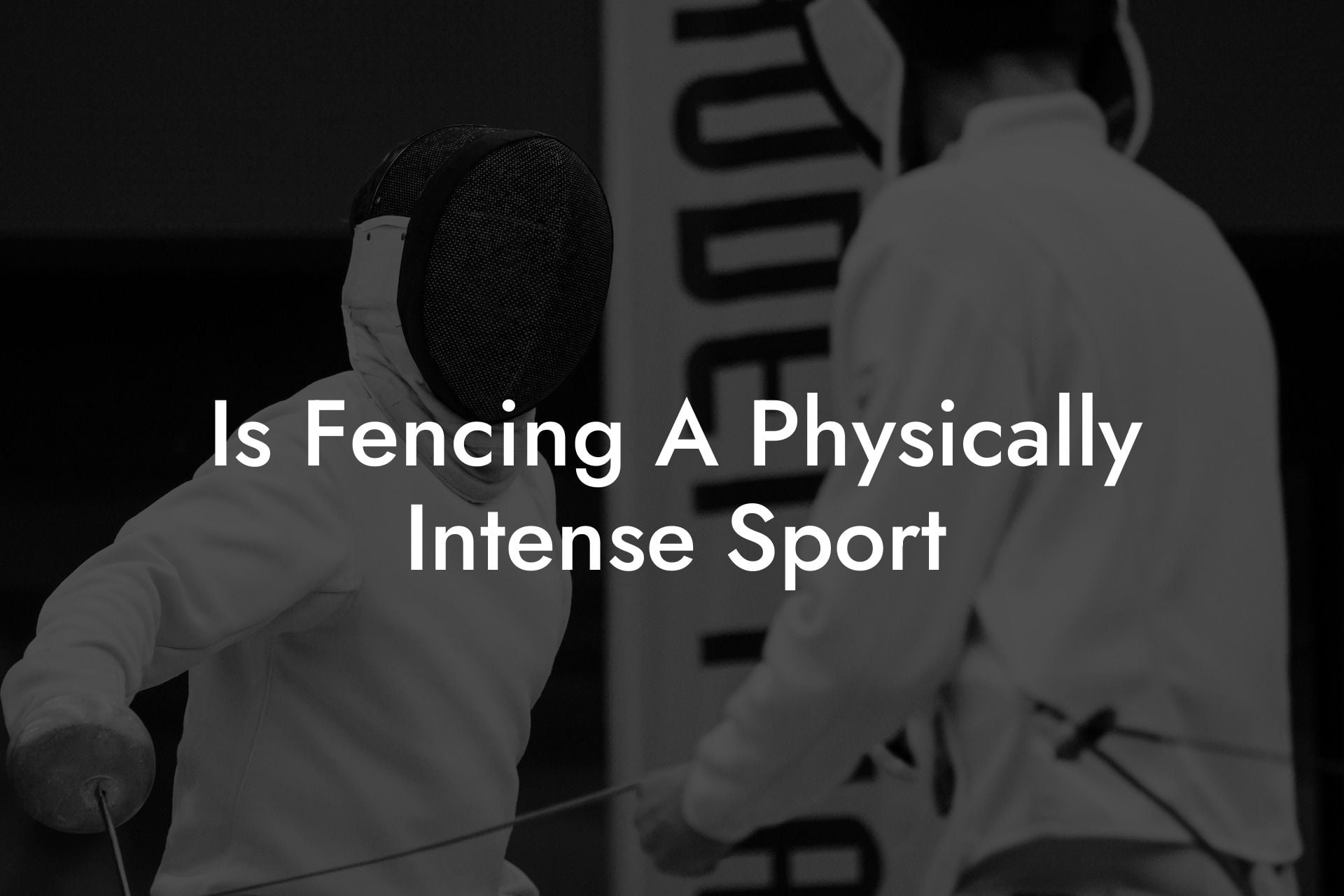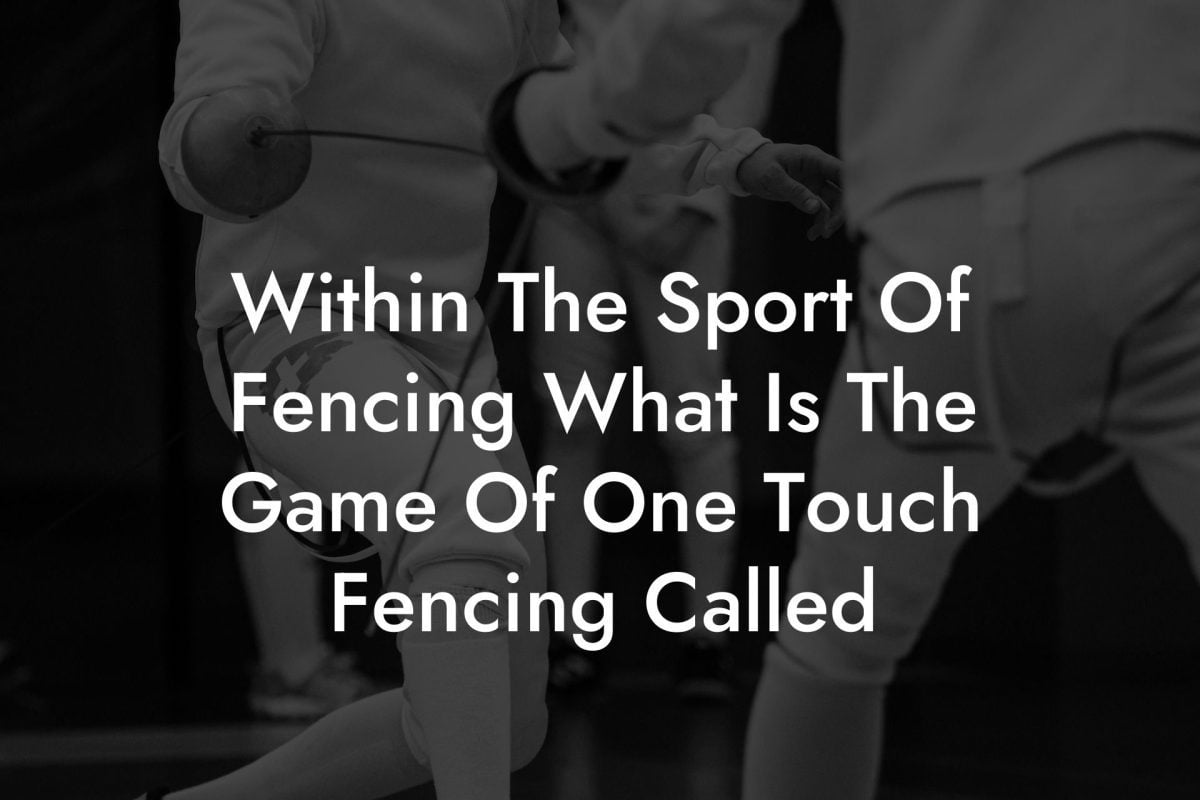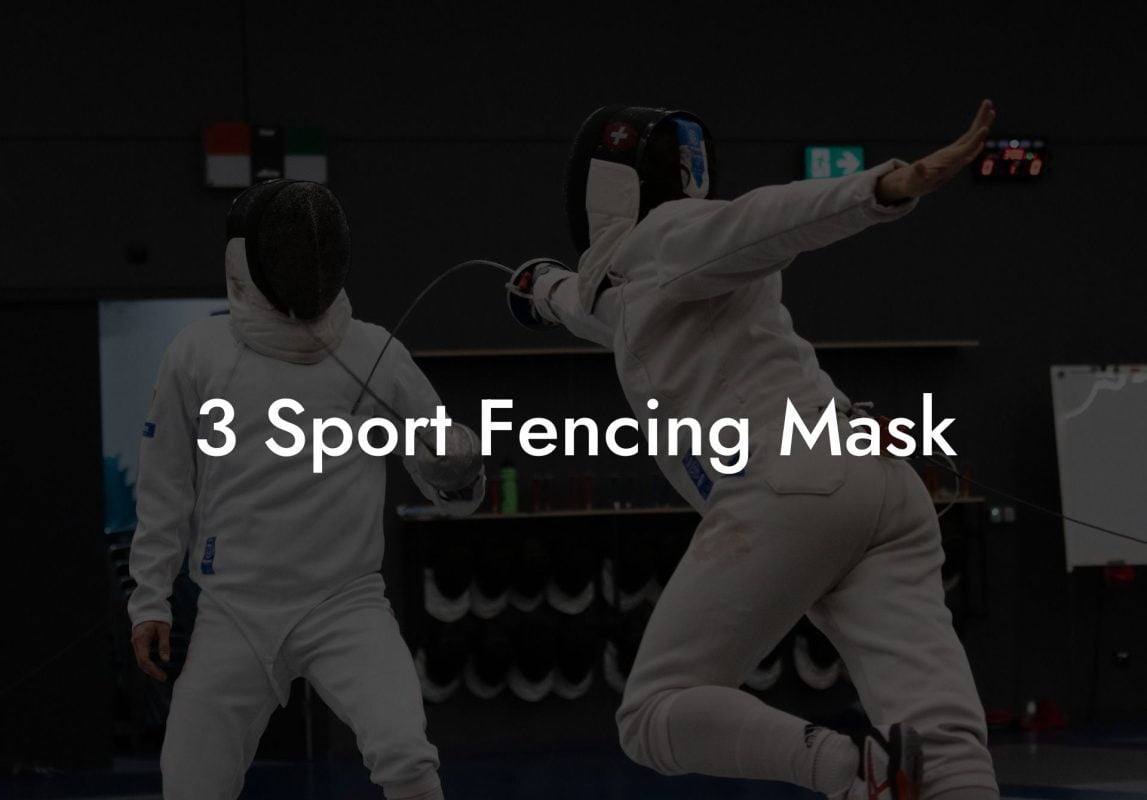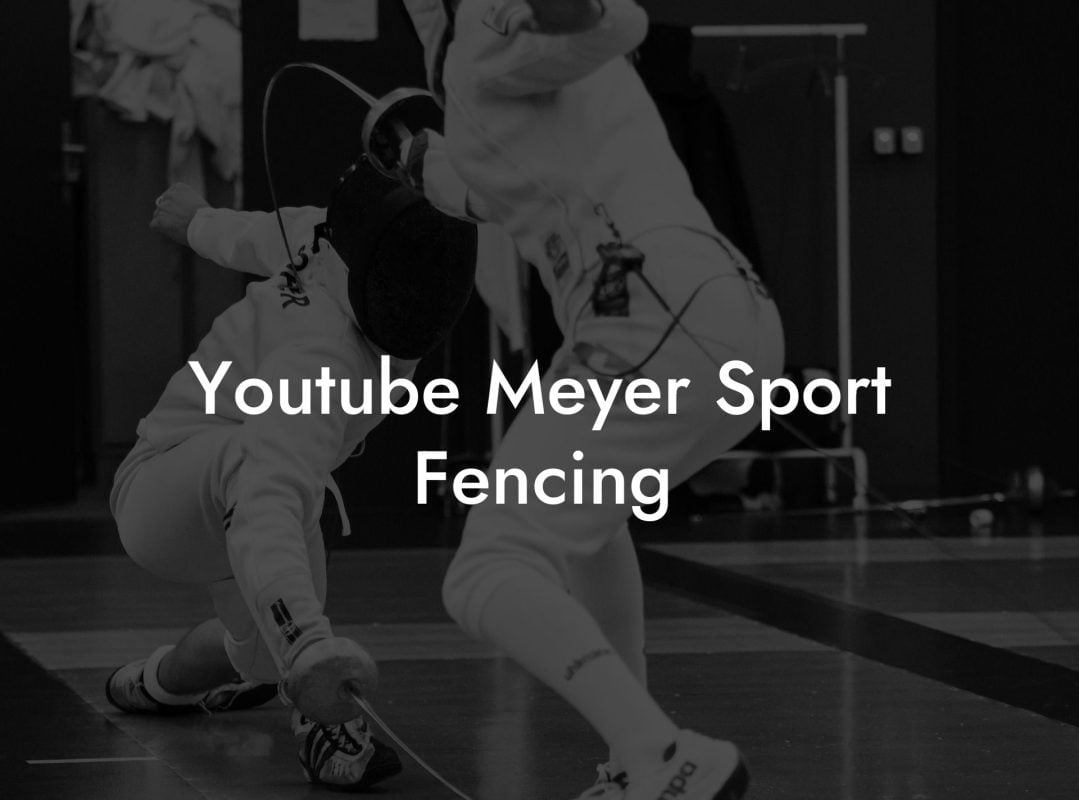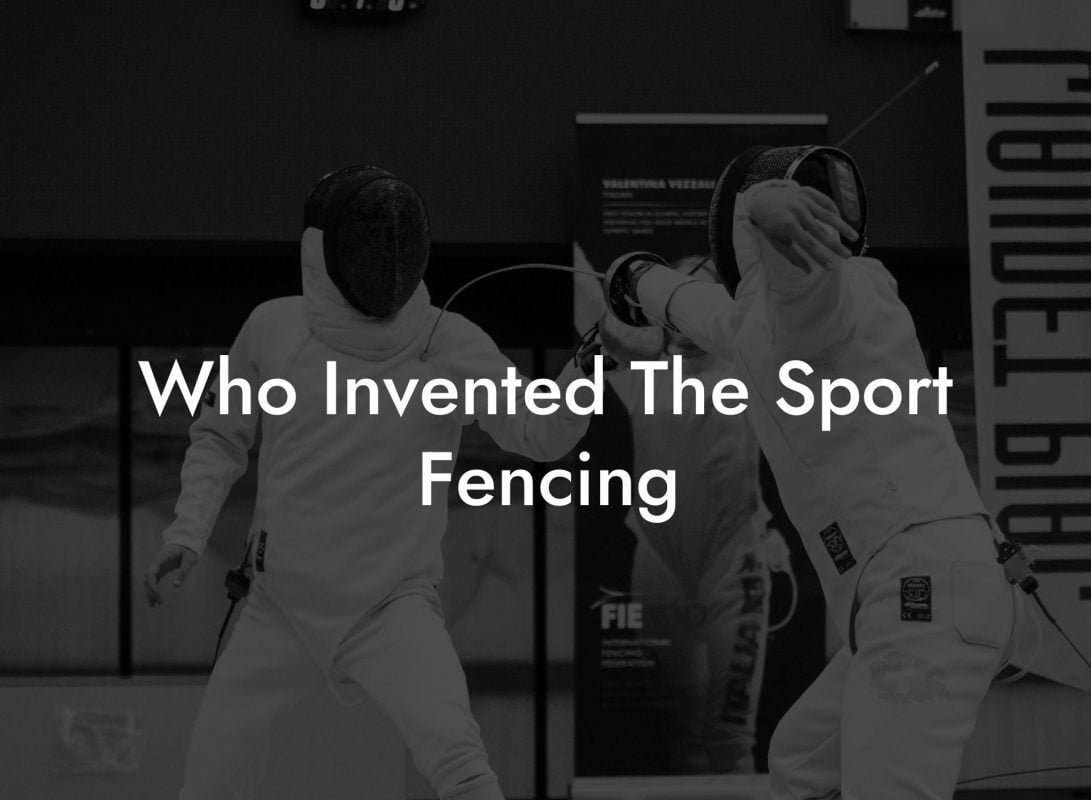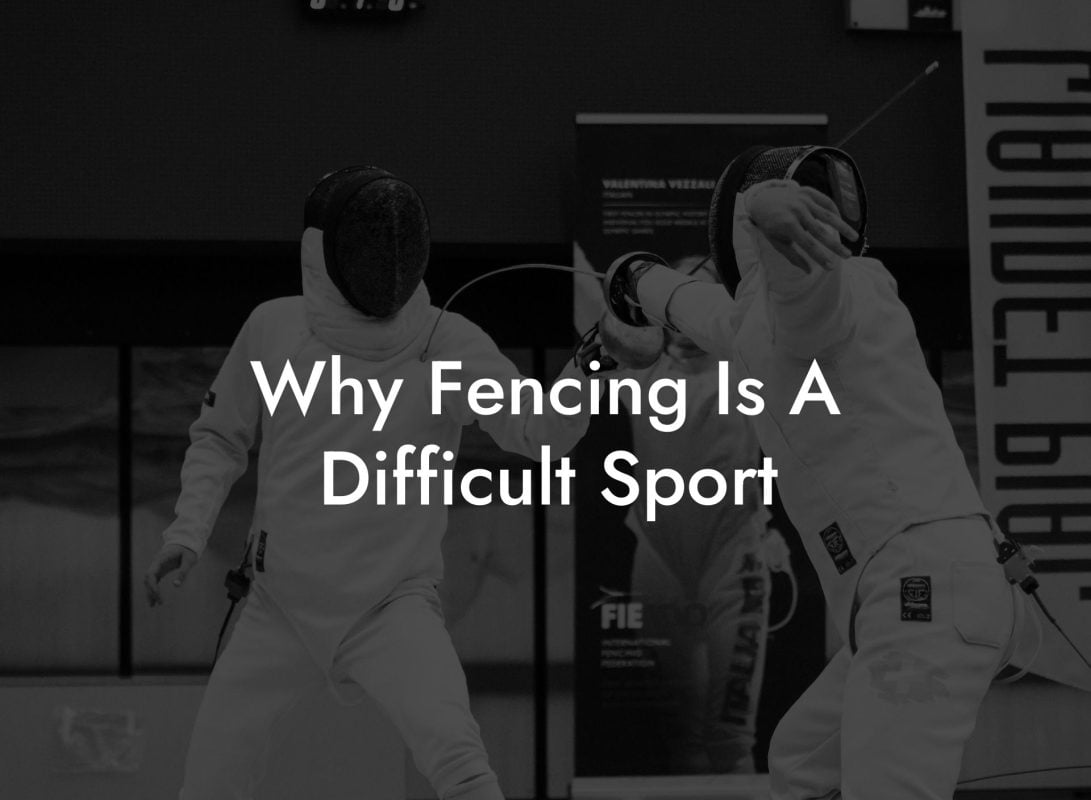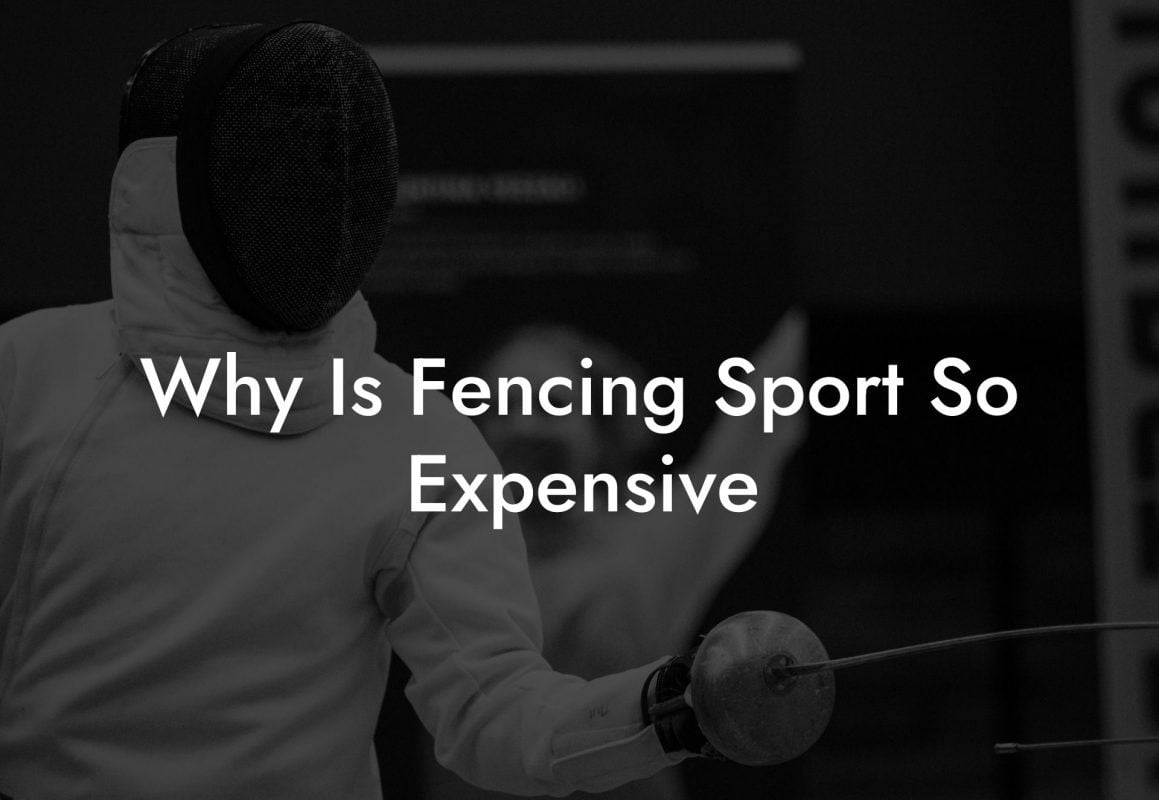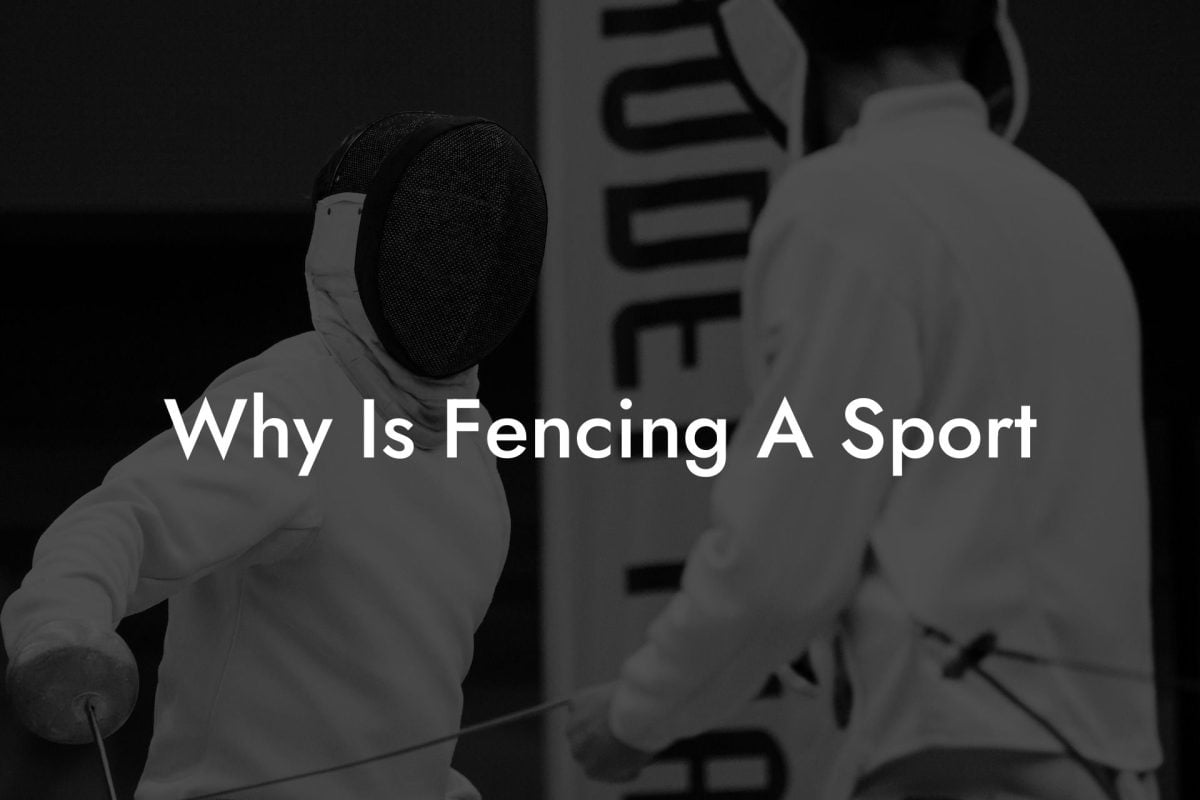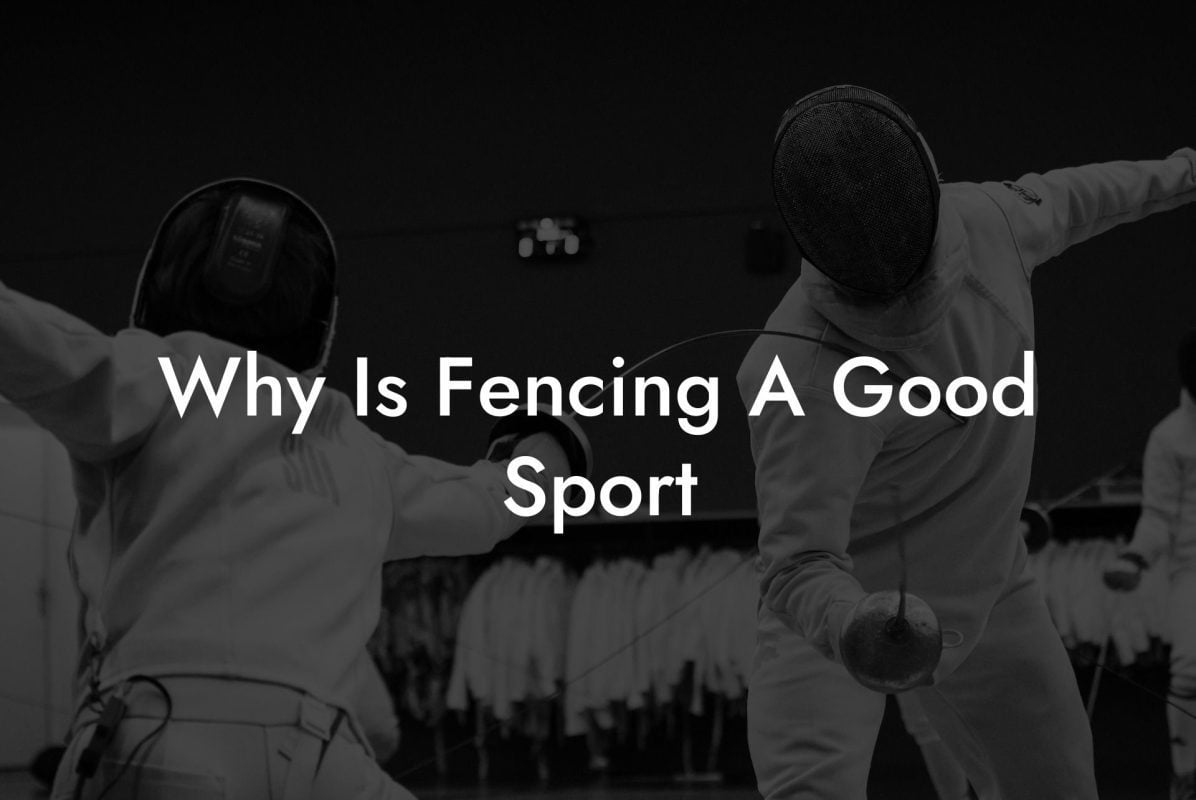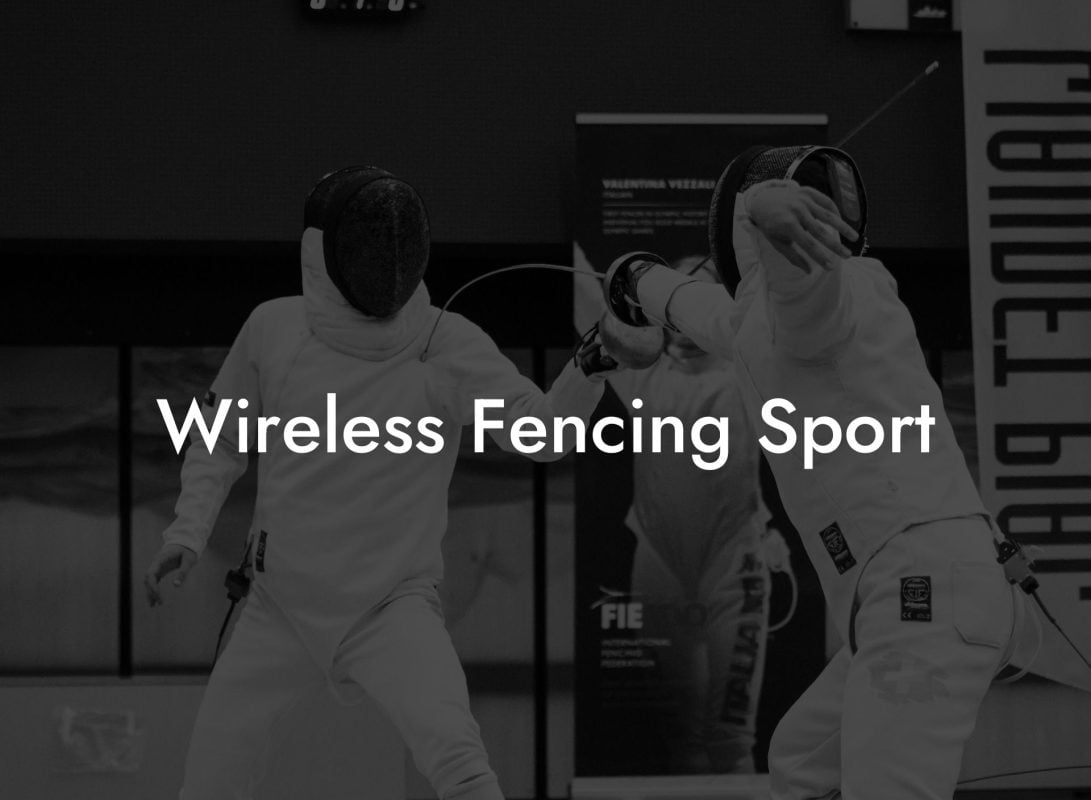Fencing has long been known as an elegant, intellectual pursuit, but many people wonder whether it can also be considered a physically intense sport. In this article, we'll delve into the world of fencing and find out just how intense it can be for your body as well as your mind. Are you ready to step into the world of fencing and discover its hidden secrets? Let's go!
Is Fencing A Physically Intense Sport Table of Contents
An Overview of Fencing's Physical Demand
Full-Body Workout
While fencing may appear to be a sport mainly focusing on quick footwork and wrist movements, it is actually a full-body workout that engages a variety of muscles. The legs, arms, and core all come into play during a fencing match, providing a comprehensive workout for practitioners of all skill levels.
Cardiovascular Endurance
The constant movement and rapid exchanges in a fencing bout demand a high level of cardiovascular fitness. Each action, be it an attack, parry, or change in direction, requires quick bursts of energy that keep the heart rate elevated and enhances overall endurance.
Speed and Agility
Agility and speed are key components of fencing, with athletes required to change their body position swiftly and accurately throughout each match. Fluid and precise footwork is essential to outmaneuver opponents, and is continuously improved through intense, targeted training exercises.
Coordination and Balance
In addition to speed and strength, fencers must develop a great deal of coordination and balance to maintain control during bouts. This is achieved by consciously working on body alignment and muscle control, which contributes to an overall sense of physical awareness and precision.
The Training That Goes Into Fencing
Strength Training
To excel in fencing, athletes must prioritize strength training to build the muscular foundation needed for powerful, decisive movements. This can include gym-based resistance training, body-weight exercises, or even specific fencing-related drills that target the major muscle groups involved in the sport.
Cardiovascular Workouts
Fencers often supplement their sport-specific training with various cardiovascular workouts, such as running, swimming, or cycling. This not only helps boost their overall endurance but also contributes to a leaner, more agile physique, more suited to the demands of fencing.
Technical Training
Mastering the precise techniques of fencing requires hours of dedicated practice, including footwork drills, target practice, and fencing-specific conditioning exercises. Athletes also work on developing the mental aspects of the sport, such as strategy and tactics, through a combination of guided instruction and active experimentation.
Is Fencing A Physically Intense Sport Example:
Experience of a Beginner Fencer
Imagine a beginner fencer who has just taken up the sport and begun their journey into its physically challenging world. After just a few weeks of training, they start to notice increased cardiovascular endurance, strength, and flexibility throughout their body. Their footwork becomes smoother, their reactions are quicker, and they experience a newfound sense of poise and balance during bouts. The intense training sessions and attentive coaching guidance lead to improvements not just in their fencing skills, but in their overall physical fitness as well.
So, is fencing a physically intense sport? The answer is a resounding yes! With a full-body workout, rapid cardiovascular demands, and the need for speed, agility, coordination, and balance, fencing offers a unique challenge that helps athletes hone their physical fitness as well as their mental prowess. If you're interested in exploring the intense world of fencing further, be sure to check out other guides and articles on Anchorage Fencing Club – you might just find yourself inspired to give this exhilarating sport a try. And if you've already experienced the intensity of fencing firsthand, don't forget to share this article with your friends and fellow fencers to help spread the word!

